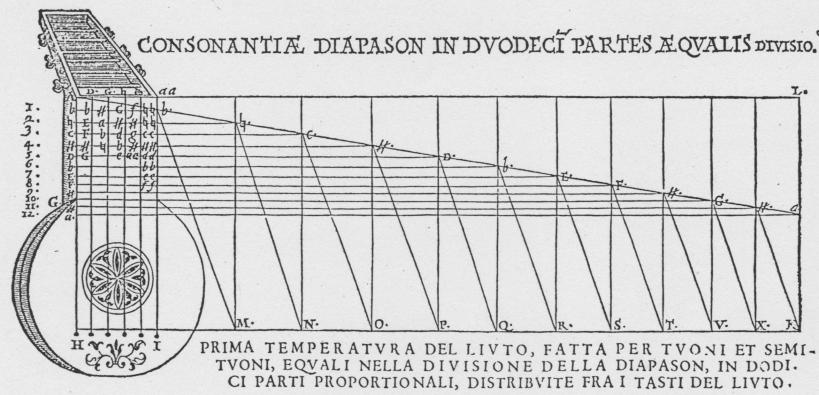The project deals with structural transformations in the theory of ratios in the theory of music in the early modern times and the consequent emergence of contributions to the idea of number in such contexts, as an example of the effect of epistemological principles in the historical development of mathematical ideas.
The term “arithmetization of theories of ratio” is used describe the process in which, especially in the late Middle Ages and early modern period, the concept of mathematical ratio lost its geometric aspect and assumed a structurally similar but semantically distinct one.
By analyzing different structures in the theories of ratios in the argumentation on theoretical music from the early modern period, this research project intends to identify new ideas that are linked to arithmetization. In the context of the resistance of the Platonic-Pythagorean tradition to conceptual changes in theoretical music, it analyses, on the one hand, the emergence of contributions to the idea of number through borrowing semantically distinct attributes from arithmetic analogous structures in theory of ratios, as well as, on the other hand, the role of structural problems of theoretical music on the intensification of the transformations mentioned above.

A proposal of division of the octave in 12 parts with equal and proportional semitones by Gioseffo Zarlino, Sopplimenti Musicali, Venetia, 1588, vol 3, book 4, chapter XXX, p. 209

